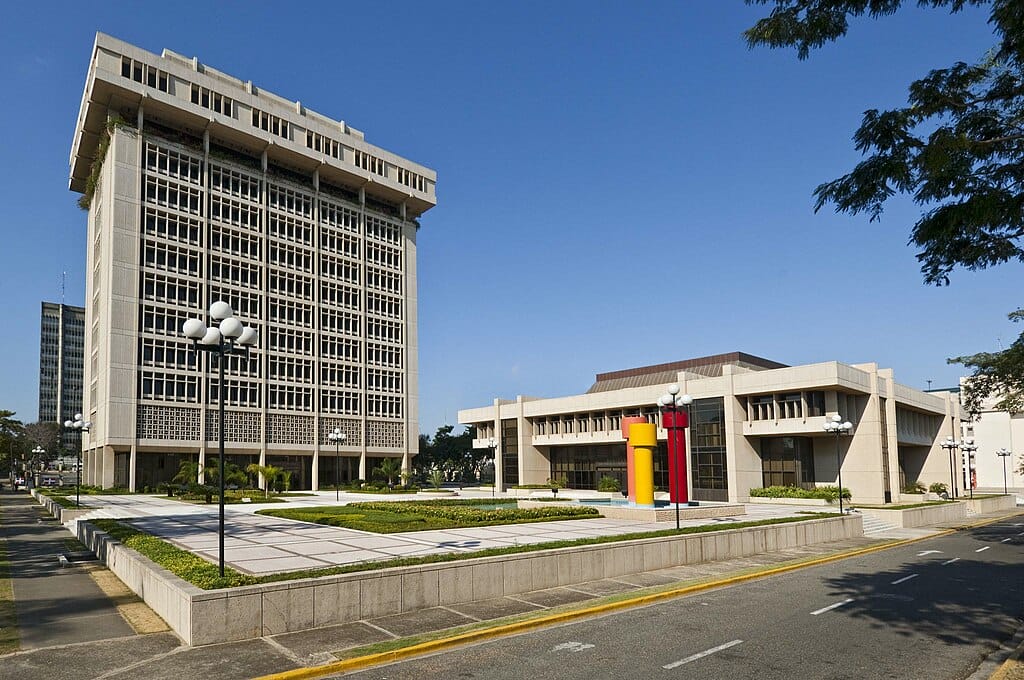Last updated:
 Why Trust Cryptonews
Why Trust Cryptonews

The Dominican Republic’s top financial regulator has issued the nation’s citizens with a warning about the dangers of investing in crypto.
Per Acento, Alejandro Fernández, the Dominican Superintendent of Banks, said that the “official position” of the Monetary Board toward crypto was “one of prudence.”
He also told Dominicans that crypto did not have the credentials to become “legal tender” in the country.
Dominican Republic: Crypto Doesn’t Have What It Takes to Become Legal Tender
The Monetary Board is the body that governs official bodies such as the Central Bank of the Dominican Republic.
Fernández said that there were “risks and challenges” inherent with the use of a “technology that is still evolving and that does not have a specific regulatory framework” in the nation.
“The official position regarding cryptoassets is basically one of prudence – an alert to the population about the risks that cryptoassets can pose.”
Alejandro Fernández, Superintendent of Banks, Dominican Republic.

Crypto Is Volatile, Regulator Warns
Fernández added that while “cryptocurrencies have gained popularity globally,” they “do not meet the requirements to be considered legal tender in the Dominican Republic.”
He went on to note that crypto displays signs of “extreme volatility.” He added that tokens represent “dangers” to investors because of their “speculative” and “unregulated” nature.
Additionally, Fernández said that while some people are drawn to the “absolute freedom” of crypto, tokens could also be used to fund “illicit activities and cyber-blackmail campaigns.”
The regulator conceded that blockchain technology has “innovative potential.” However, the Superintendent of Banks called on “financial authorities” to prioritize crypto user protection and “education about the associated risks” of crypto.
Fernández said that education and user protection measures should become a “priority” for Dominican regulators.
The Superintendent of Banks further warned citizens to improve their “online security practices.”
He explained that citizens should not “share sensitive” personal information or passwords on “public networks.”
And Fernández underlined the public’s “need to be cautious with suspicious messages.”
He said citizens should be especially careful when receiving links “sent by WhatsApp” that could potentially “result in account hacking.”
The Latin American Financial Action Task Force has previously warned the Dominican Republic to shore up its crypto regulation.
Crypto popularity and adoption rates remain high in the nation, with crypto exchanges like Binance continuing to expand their operations in the country and the greater LATAM region.



